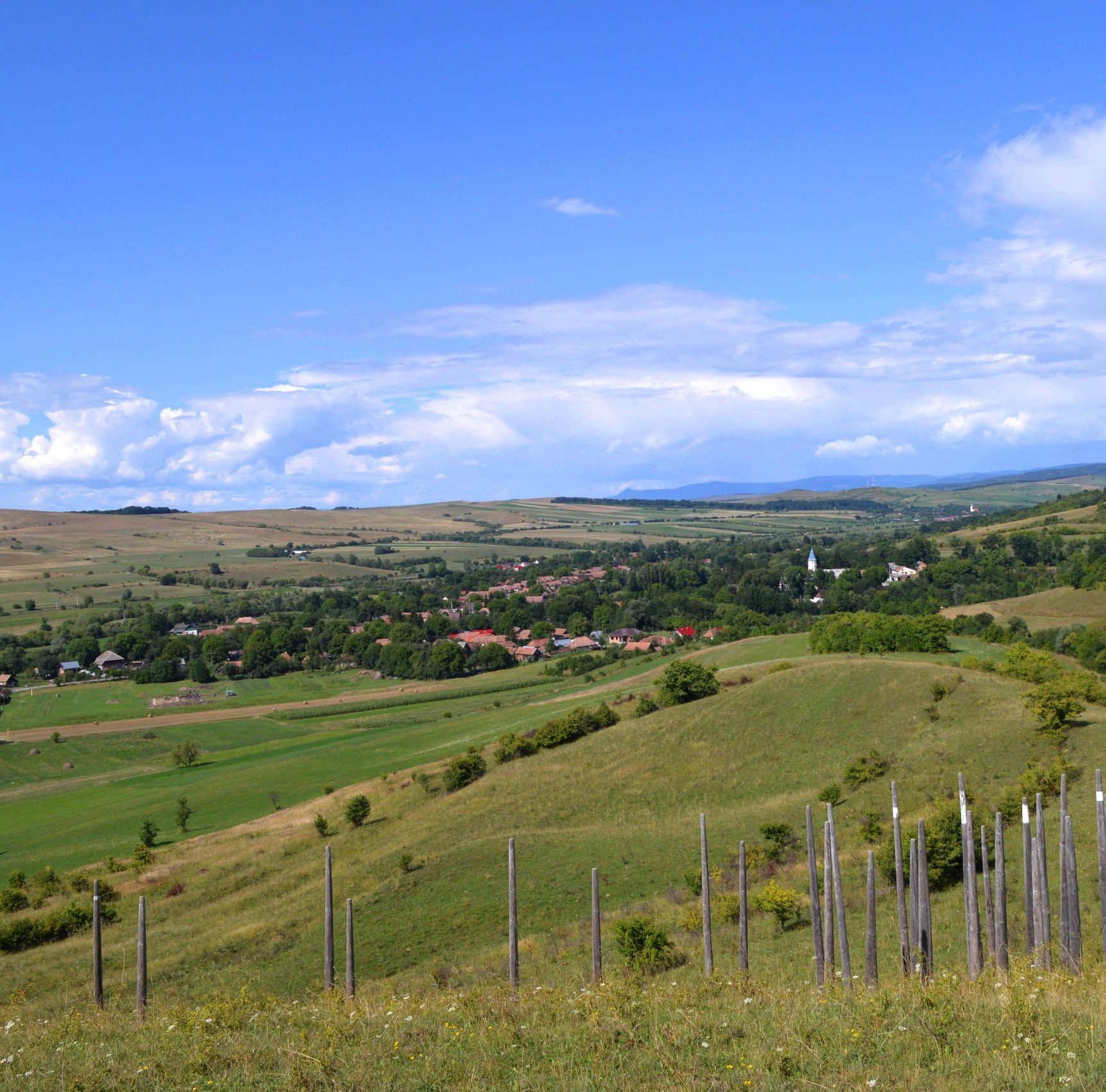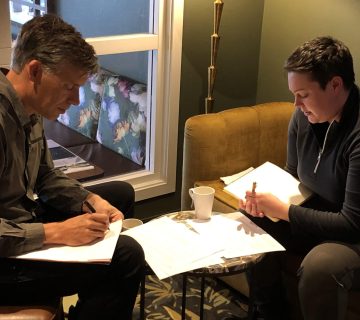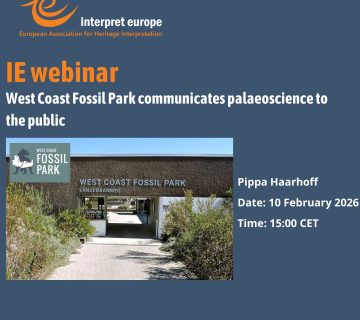Tuesday 14 January 2025, 10:00 CET
The webinar will focus on the work during the past decade (2013-2023) in a small village of Transylvania (Romania). The village of Călugăreni is home to an annual summer fieldwork focused mainly on the site of the former Roman auxiliary fort and its surroundings. As architects they focus on both the interpretation of the archaeological site and the heritage of the old szekler village. With the help and support of the Mureş County Museum they developed a unique way to research and interpret this heritage using mainly small-scale interventions as primary tools. They wanted to show how ephemeral architecture could be an economically and environmentally more sustainable alternative for those sites – even in accordance with the most strict requirements of UNESCO. Gergely will also provide a wider scale representation of how their work could be part of the university curriculum and beyond that part of our daily work in architectural practice. If you wish to take part in the webinar, please register here at least one hour before the webinar begins. ***Please register using the same email address associated with your IE membership.***
Gergely Sági was made a Doctor of Architecture in 2023, and is a full time lecturer at the Department of Explorative Architecture of the Faculty of Architecture of BUTE. He is the founder and leader of AETER, a practice based in Budapest since 2021, completing several projects at different scales in Hungary, Romania and Kazakhstan, with wide expertise on heritage protection, small scale interventions and exhibition design. His fields of research are the changes of the cultural landscape and its impacts and meanings as well as the possibilities of creating a more sustainable way of interpreting this landscape and our heritage within. Having supported the development of younger generations since 2012, university life plays a dominant part in his professional life, alongside wide international experience: far and beyond European collaborations (e.g. in Spain, Romania and Germany) he also took part in several programmes focusing on the Middle East (Iraq, Lebanon, Syria), Northern Africa (Egypt), the Americas (Mexico) and Central Asia (Kazakhstan).




